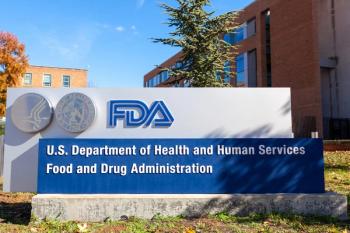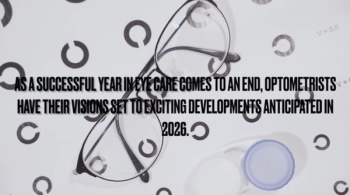
Bausch + Lomb, Clearside Biomedical launch XIPERE commercially in US
Approved by the FDA last October, XIPERE (triamcinolone acetonide injectable suspension) was approved by the FDA last October as the first and only therapy for treating macular edema associated with uveitis.
Bausch + Lomb and Clearside Biomedical
XIPERE was
The microinjector works by targeting and compartmentalizing delivery and higher proportions of absorption that is relative to intravitreal injection.
"Throughout the past several months, we have been training eye care professionals all over the country on how to properly administer XIPERE using its unique suprachoroidal injection method, which enables targeted delivery and compartmentalization of the medication,” said Joseph C. Papa, Bausch Health chairman and CEO,
Background
Prior to FDA approval, hree clinical programs investigated XIPERE: PEACHTREE, a randomized, multi-center, double-masked, sham-controlled phase clinical trial; MAGNOLIA, a multi-center, non-interventional extension study; and AZALEA, an open-label safety trial.
Approval was based on results from the PEACHTREE trial, which included 160 patients diagnosed with macular edema associated with uveitis. XIPERE is also the first — and only — treatment for uveitic macular edema to demonstrate clinical efficacy with a best-corrected visual acuity (BCVA) primary endpoint, according to the release.
The primary efficacy endpoint consisted of the proportion of patients in whom BCVA had improved by at least 15 letters from baseline after 24 weeks of follow-up.
Additionally, the PEACHTREE trial found a statistically significant greater proportion of patients treated with XIPERE (47%) achieved at least a 15-letter improvement in BCVA than patients in the control arm (16%, p< 0.01) at Week 24.
Newsletter
Want more insights like this? Subscribe to Optometry Times and get clinical pearls and practice tips delivered straight to your inbox.













































.png)


